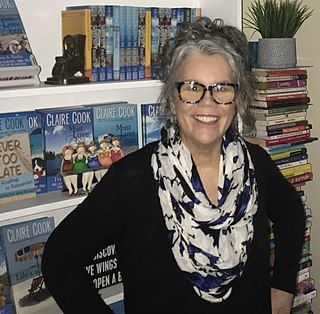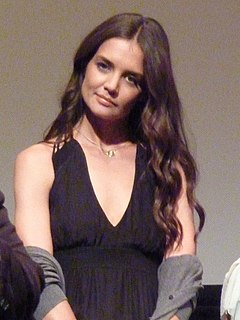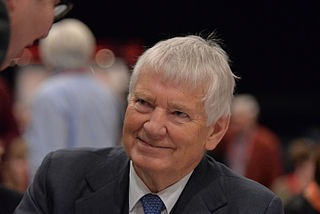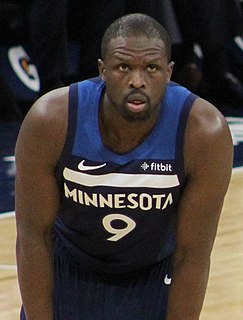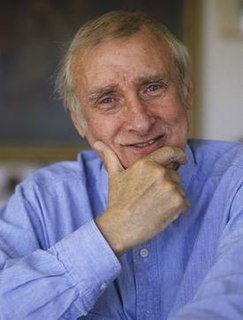A Quote by Emir Kusturica
My father was an atheist and he always described himself as a Serb. OK, maybe we were Muslim for 250 years, but we were orthodox before that and deep down we were always Serbs, religion cannot change that. We only became Muslims to survive the Turks.
Related Quotes
How did the Turks become Muslim? They became Muslim through the Sufis. The Arabs never conquered the Turks. There were people in early Islam who were speaking like Hallaj, who spoke about the Truth, about reaching the Truth, about being one with the Truth, and not only they were not killed, but they were great heroes of their own culture, and there is a university in Turkey named after one [Sufi Saint.]
Up until the middle of the nineteenth century, men of science were all believers. Most of the great early English naturalists were also ministers; they were the only ones who had education and leisure for such pursuits. Darwin himself almost became a minister. God's power was always thought to be most easily and obviously revealed in the majestic works of nature.
But there are times in life when a door opens and you are offered a glimpse of the light on the water, and you know that if you don't take it, that door slams shut, and maybe forever. Maybe you fool yourself into thinking that you had a choice at all; maybe you were always going to say yes. Maybe refusing was no more a choice than is holding your breath. You were always going to breathe. You were always going to say yes.
We were Orthodox Jews, but we really didn't deserve it. I mean, bacon - my father said, 'Don't put bacon in the house,' but we had bacon. We didn't keep kosher. And we observed which today would be Conservative Jews. But in those days, we belonged to an Orthodox temple. So we made out we were Orthodox Jews, but we really weren't.
We thought that the odds of things working OK were up in the upper 90 percent or we wouldn't have gone. But the - there were some problems cropped up on the flight but was able to take care of those OK and - although they were things that we hadn't really trained that much for. But it was the time of the Cold War and so there were was a lot of pressure on the - to get going and the Russians were claiming that they were - Soviets were claiming they were ahead of us in technology.
The years of the Great Depression were a superb time for economists because people not knowing what could be done or what should be done would always assume that maybe an economist had the answer. If you were just a lawyer in Washington, you were nobody. But if you were an economist, you might have the answer.



